One religion is as true as another
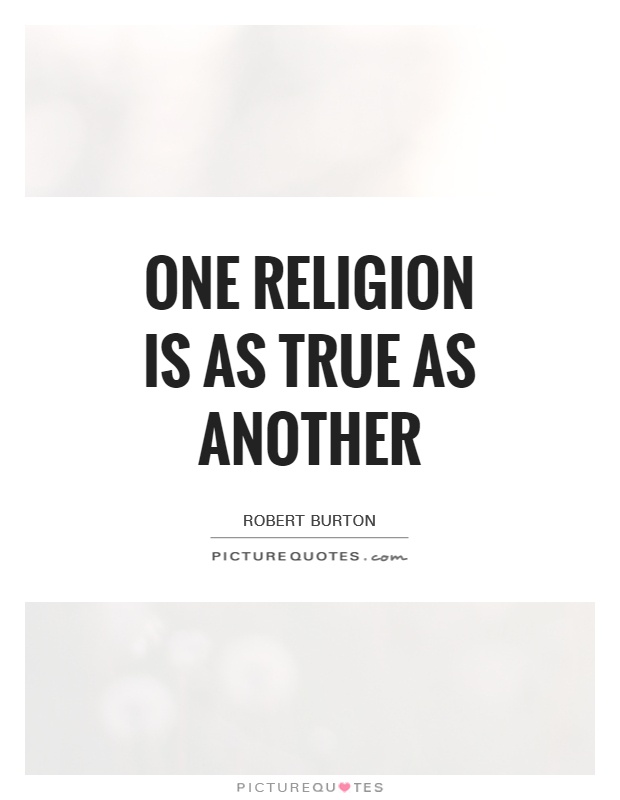
One religion is as true as another
Robert Burton, a 17th-century English scholar and writer, is best known for his work "The Anatomy of Melancholy," a comprehensive study of the causes, symptoms, and treatments of melancholy. In his writings, Burton often explored themes related to religion, philosophy, and human nature. One of the ideas that Burton frequently discussed was the concept that "one religion is as true as another."This idea of religious relativism was a radical notion in Burton's time, when religious intolerance and persecution were widespread. In the 17th century, England was torn apart by religious conflicts between Protestants and Catholics, with each side claiming to possess the one true faith. In this context, Burton's assertion that "one religion is as true as another" was a bold and controversial statement.
Burton's belief in religious relativism was rooted in his deep skepticism of dogmatism and his recognition of the diversity of religious beliefs and practices across cultures and societies. He argued that the truth of a religion is ultimately a matter of subjective belief and interpretation, rather than objective reality. In his view, all religions are equally valid insofar as they provide meaning, purpose, and moral guidance to their adherents.
Burton's embrace of religious relativism was also influenced by his humanistic outlook and his belief in the inherent dignity and worth of all individuals. He rejected the idea that one religion could claim exclusive access to divine truth or salvation, and instead emphasized the importance of tolerance, understanding, and mutual respect among different religious traditions.





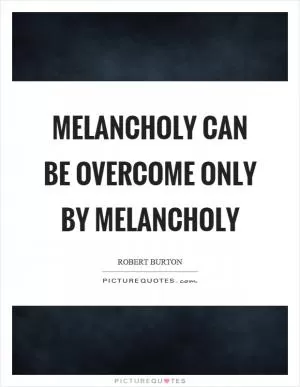

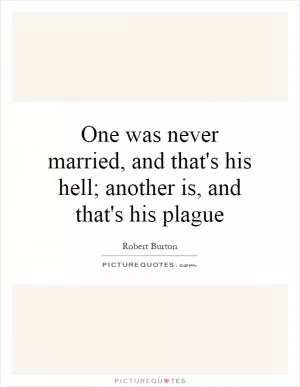

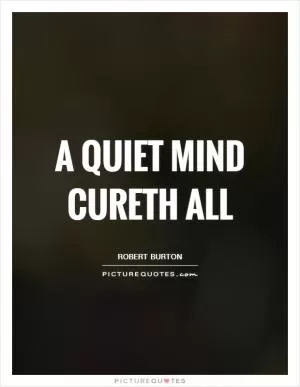
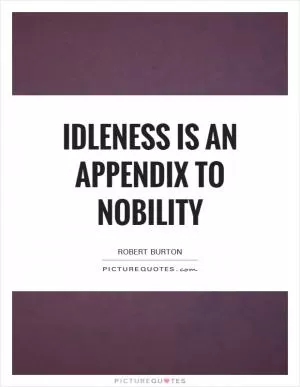

 Friendship Quotes
Friendship Quotes Love Quotes
Love Quotes Life Quotes
Life Quotes Funny Quotes
Funny Quotes Motivational Quotes
Motivational Quotes Inspirational Quotes
Inspirational Quotes